Boarding school students reveal ‘pressure cooker’ conditions after string of suicides
A flurry of student suicides at boarding schools across the country has raised fears that elite prep schools are creating pressure-cooker environments that can push young people over the edge.
The tragedies included the death of Matthew Clemson at Phillips Exeter Academy, Jack Reid at The Lawrenceville School and Claudio Mandia at EF Academy.
Students across the country told The Post that the deaths shook the boarding school world to the core.
“There is a culture of excellence in the face of tragedy,” Allie Encarnacion, a 17-year-old rising senior at Phillips Andover Academy, which costs $85,000 per year, said of the uptick of self-harm and suicide on campuses.
“There’s an expectation that no matter what we’re putting our best foot forward always. And that’s a hard thing to withstand.”


Aryan Mitta, 18, who graduated from the $65,000 per year St. Paul’s School in New Hampshire this year, told The Post: “The suicides at Lawrenceville and Exeter definitely ran throughout the whole boarding school community.
“We are just one big community. We all have very similar lifestyles, so those suicides definitely did resonate with the rest of us too.” St Paul’s alumni include Vanderbilts, Kennedys and 2004 Democratic presidential candidate John Kerry.
Students and experts agree that the intensity of elite boarding schools can be a contributing factor to poor mental health. In fact, an anonymous senior at Phillips Andover Academy in Massachusetts reports that emergency services are called roughly once or twice every year to respond to students in acute crises.
“Sometimes there’s an incident in the dorm, and there’s police called,” the student, who asked to withhold his name for privacy reasons, told The Post. “Fire trucks and police officers pull up, and everyone’s confused as to what’s going on.”
Andover said it ” is addressing mental health needs…to ensure that every student who needs support gets it promptly.”

Boarding school students described a high-stress, non-stop schedule that pushes teens to the breaking point.
Mitta, who is an incoming freshman at NYU, says the day-to-day life at St. Paul’s, which is often dubbed “StressPS,” was filled with nonstop work — from Saturday classes to hours-long sports practices after a tedious school day.
“Saturday we had class in the morning, and then Sunday we just had to catch up on all the school work,” he said. “It felt like Saturday night was the only time we could hang out with our friends. It felt almost forced, almost kind of artificial.”
A student at Lake Forest Academy in Lake Forest, Illinois, reported a similar schedule in an op-ed for their student newspaper in January 2021.
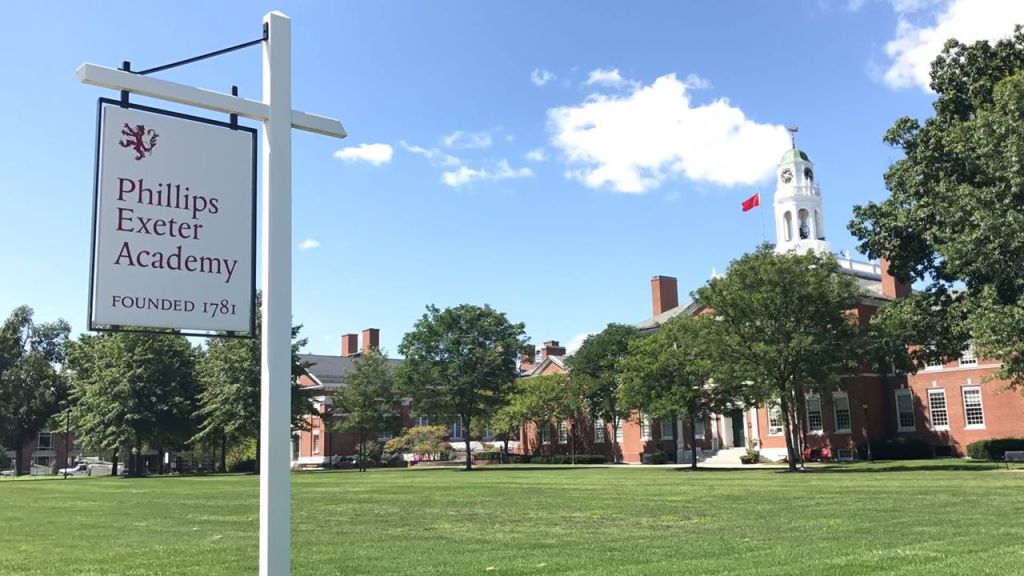
“Students desperately need time to be kids,” the anonymous student wrote of life at the $70,000-a-year school.
“But if a student takes 6 classes, that could be almost 4 hours of work after a 7 hour school day and 2 hours of sports practice. Where is the time for a mental break? For dinner? For a night of at least 8 hours of uninterrupted sleep?”
A spokesperson for LFA, whose alumni include 1930s Hollywood “blonde bombshell” Jean Harlow and the Weather Underground founder Bill Ayers, told The Post that since the op-ed, “LFA has made advancements in accommodating each student’s experience by providing resources that include support for mental health and time management,” and a new student health center.
Another student who attended The Lawrenceville School — whose alumni include Brooklyn Nets owner and Alibaba chairman Joe Tsai — and recently graduated from Northeastern University said there was “no doubt college was easier” and told the Post, “I don’t even know if there’s a valid comparison.”
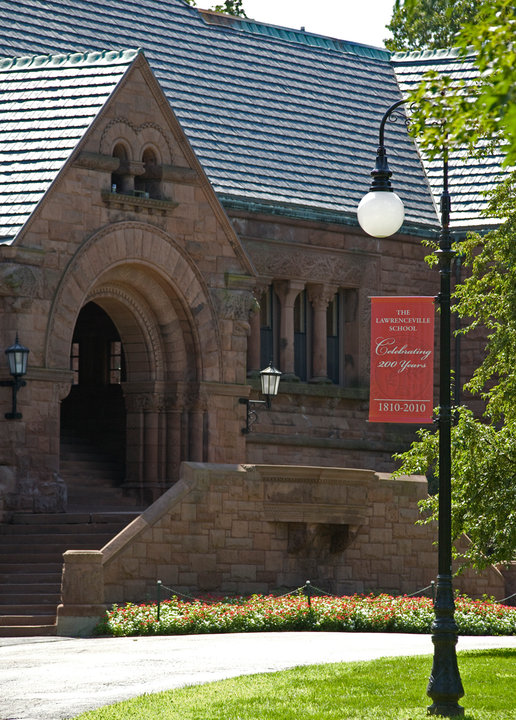
A staff psychologist at a top boarding school, who spoke to The Post on condition of anonymity, reports that chronic stress is pervasive on campuses.
“I regularly see students getting up at 5am to finish work,” the psychologist said. “Students are working themselves to death and sacrificing in all kinds of ways, including ways that are unhealthy like sleep deprivation.”
In fact, NYU researchers found that affluent students at elite schools are an at-risk demographic for chronic stress “so great that youths’ abilities to succeed academically are actually undermined, mental health functioning is compromised, and rates of risk behavior escalate.”
And a 2019 study in the International Journal of Adolescence and Youth found that high-pressure school environments can lead to anxiety, depression, and substance use.
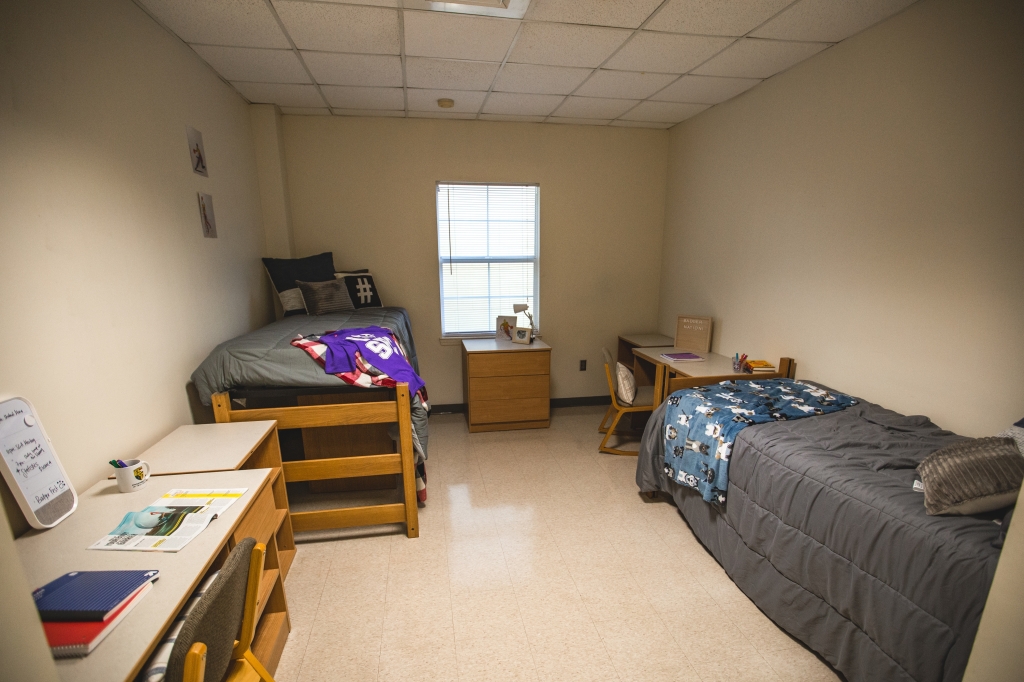
The main motivator pushing students to keep up: college admissions.
At elite boarding schools, the competition is cutthroat. In fact, at schools like Andover and Lawrenceville, about a third of students end up at Ivy League schools.
“The truth was that if you didn’t go to an Ivy or one of those blue chip schools, then you got considered stupid,” an anonymous Lawrenceville graduate said. “I felt like I had failed even though I went to a Top 40 school.”
“I met kids in freshman year that knew what medical school they wanted to go to, what consulting firm they wanted to work at, you name it,” a senior at Andover, where both presidents Bush were educated, reported.
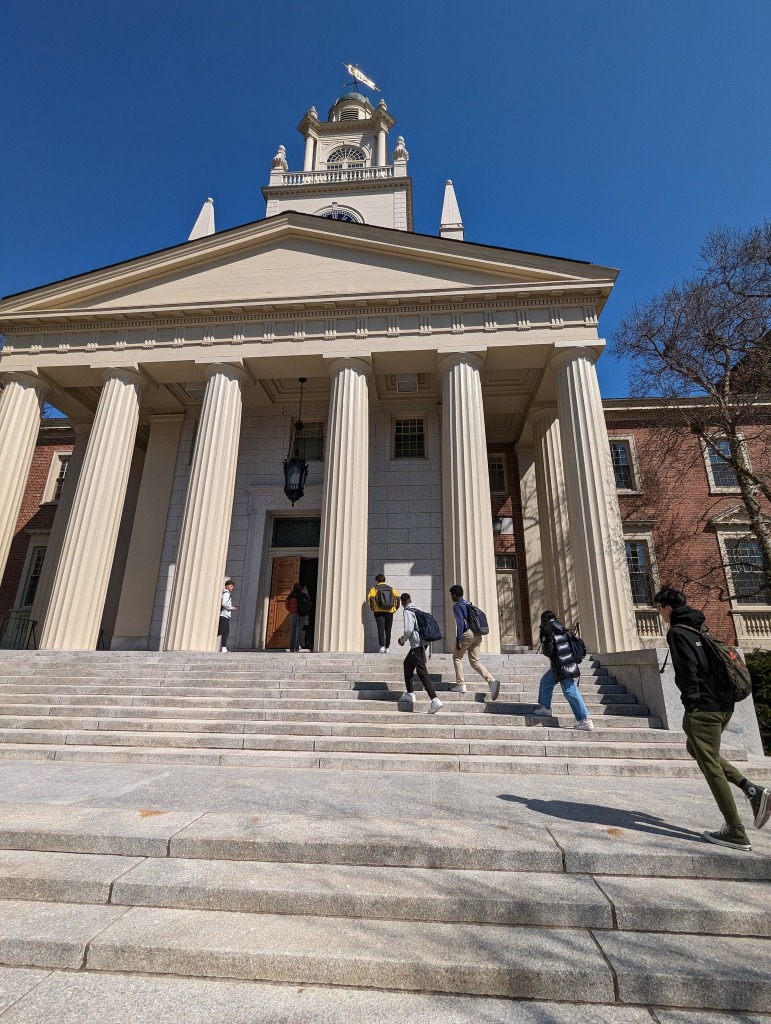
But the main issue with boarding school life runs deeper, according to psychologist Dr. Joy Schaverien. She says dysfunction begins the very moment that students, often only 14, are dropped off on campus and left to their own devices.
“These children are abandoned,” Schaverien, author of “Boarding School Syndrome: The psychological trauma of the ‘privileged’ child“, told The Post.
“They lose everything in the first moments of their being sent to boarding school, even if they think they’ve chosen it. They don’t really know what it’s like. All they know about is Hogwarts.”
Students agree that a sense of abandonment is pervasive at these schools. A member of Lawrenceville’s class of 2018, where the tuition is north of $75,000, said privileged students seemed to suffer most.
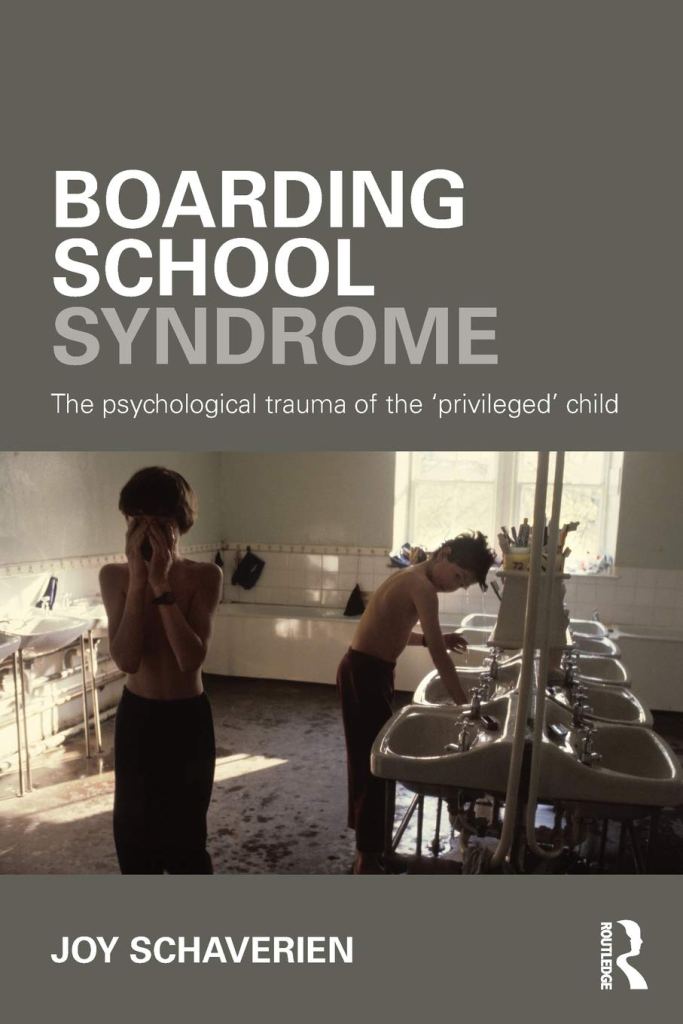
“Their parents just dumped them off at this place and they weren’t super involved with their kids,” he told The Post. “The parents would just send them their money and their allowance and be like have fun.”
The school psychologist agrees that boarding school students struggle with being trapped in the campus bubble, unable to escape the normal pressures of high school life.
“Boarding school removes a lot of what might mitigate against the intensity of teen years, such as going home at the end of the day, taking a break from all that gossip and bickering, going home to other people who care about you,” the counselor said. “There’s no break from it. There’s no rest, there’s no peace. It just builds and builds and builds.”
Sources question just how much boarding schools can really do to help their students when they are responsible for corralling hundreds of teens 24/7.
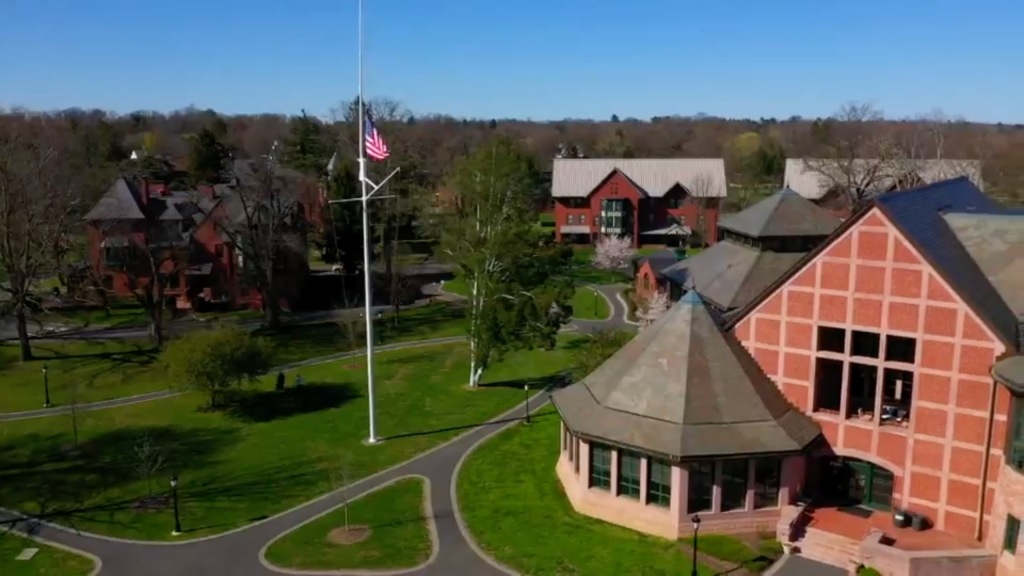
“There’s just a lot that goes on underground, as much as the administration wants to say that they have a really good feel on the pulse,” a 23-year-old Lawrenceville alum said. “There was so much that went on away from the watchful eye.”
One thing schools can do, however, is invest in more staff to address the growing mental health crisis on campuses.
For instance, a current Andover student reported long waitlists for counselors that sometimes lasted for months.
Andover’s chief communications officer Tracy Sweet told The Post: “All students may speak with a counselor without an appointment by walking into the wellness center for immediate support from a healthcare professional and consultation with a counselor, or by accessing a counselor through a tele-counseling platform called Uwill.” She said students seeking help were typically seen within one week.

Talibah Alexander, a Brooklyn native who graduated from the Pomfret School in 2018, feels that there weren’t enough resources when she experienced depression and anxiety after her father passed away in her junior year of high school. Alumni of the $69,250-a-year school include “Going Clear” documentary maker Alex Gibney and North Face founder Douglas Tompkins.
“There wasn’t enough support for me on campus,” she said. “I went unnoticed. Virtually no one knew what was going on, and I kind of just disappeared.”
The Post reached out to St. Paul’s, Lawrenceville, and Pomfret for comment and did not hear back.
The anonymous school psychologist agreed their campus was in “desperate need” of more counselors. And, while the counselor reports increased attention to mental health following student suicides, they worry it’s too little too late.
“There seems to be a renewed conversation about wellbeing in boarding schools, but I fear that it’s all just window dressing without getting to the root of the problem.”
SUICIDE HOTLINE: If you are struggling with suicidal thoughts or are experiencing a mental health crisis and live in New York City, you can call 1-888-NYC-WELL for free and confidential crisis counseling. If you live outside the five boroughs, you can dial the 24/7 National Suicide Prevention hotline at 1-800-273-8255 or go to SuicidePreventionLifeline.org.
Read the full article Here


